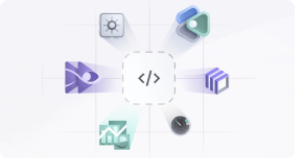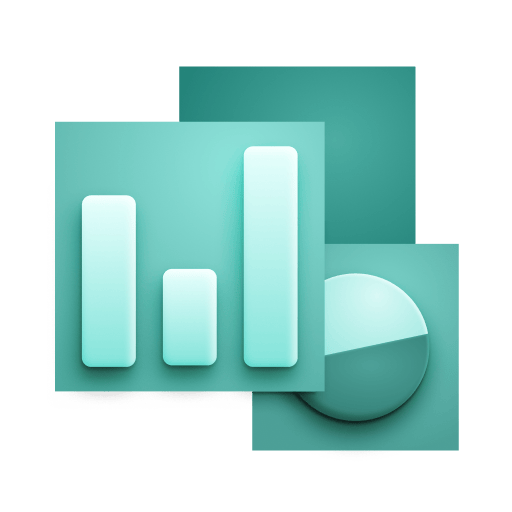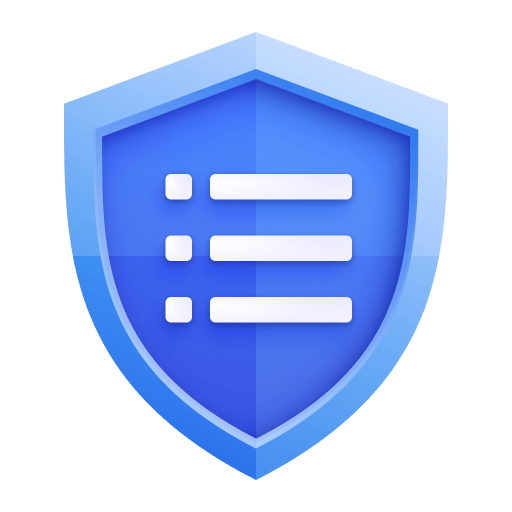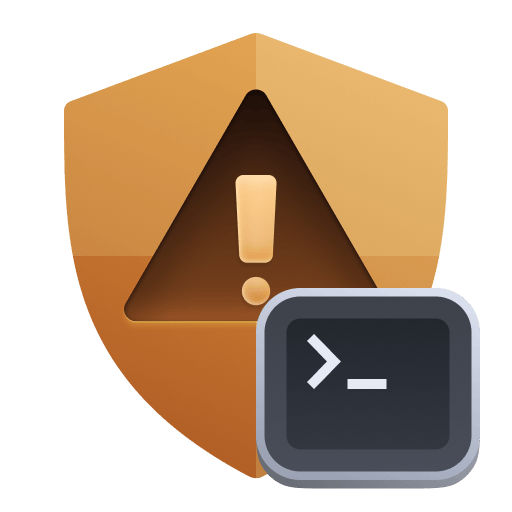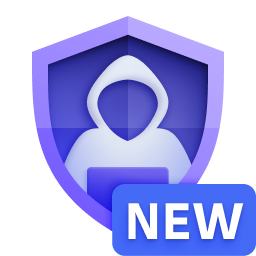Licensing
There is no charge for obtaining the extension, only for the data (metrics & events) that the extension ingests. The details of license consumption will depend on which licensing model you are using. This will either be Dynatrace classic licensing or the Dynatrace Platform Subscription (DPS) model.
Metrics
License consumption is based on the number of metric data points ingested. The following formula will provide approximate annual data points ingested assuming all feature sets are enabled:
Calculation estimates yearly DDU usage:
(21 + (4 * <number of CPUs>) + (2 * <matching_filtered_processes>) + (2 * <process_groups>) + (3 * <matching_mounts>) + (8 * <network_interfaces>) + (2 * <disks>)) * 525.6
- See description of 'Process filter' configuration for explanation of what a group and filtered processes will be
- Matching mounts will be those that meet criteria of 'Mounts to include' and 'Mounts to exclude' configurations
Events
Each custom event reported will consume license. The number of reported custom events will be based on the frequency of things like connection errors where an availability event is reported.
Classic licensing
In the classic licensing model, custom events will consume Davis Data Units (DDUs) at the rate of .001 DDUs per metric data point.
Multiply estimated ingested log records by .001 to estimate DDU usage from log records.
Log records
Log records will be ingested for top process records if enabled based on the configured number of top process records once per minute.
Log management and analytics (powered by Grail)
License consumption is based on the size (in bytes) of data ingested & processed, retained, and queried so there is not a single formula to estimate the total consumption from this extension. Consult the log management and analytics documentation for details on the other dimensions that will effect license consumption.
Classic licensing
In the classic licensing model, log record ingestion will consume Davis Data Units (DDUs) at the rate of 100 DDUs per Gigabyte of log records ingested.
Log monitoring classic
In log monitoring classic, license consumption is based on the number of ingested log records.
Classic licensing
In the classic licensing model, log record ingestion will consume Davis Data Units (DDUs) at the rate of .0005 DDUs per ingested log record.
Multiply estimated ingested log records by .0005 to estimate DDU usage from log records.
